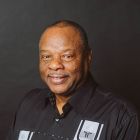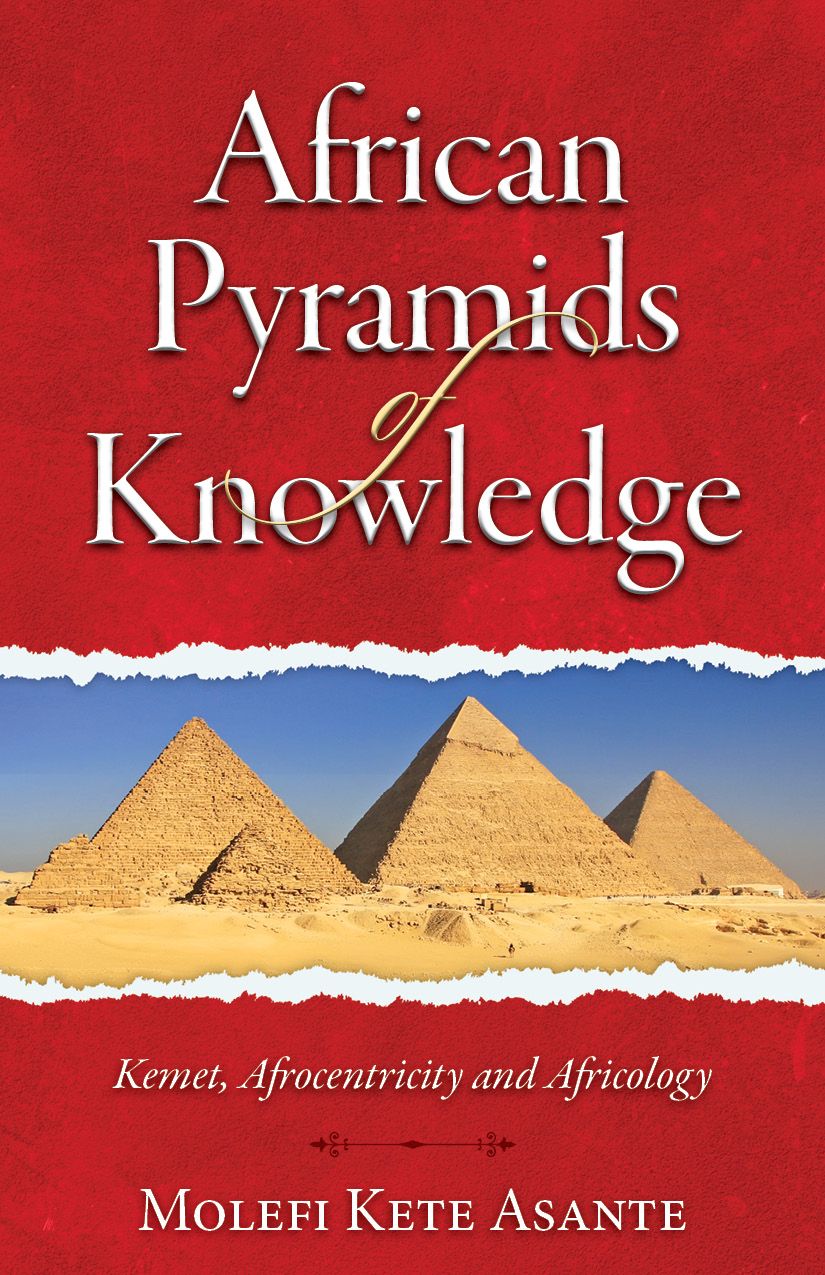Contributing Author/s

Molefi Kete Asante Ph.D.
Molefi Kete Asante has become the seminal theoretician of Afrocentric infusion into the curriculum, examining and advancing the agency-centered ideological position in the realm of education, culture, and science. Widely read and consulted, Dr. Asante and his books have inspired educators in the United States, South Africa, Nigeria, Canada, and Brazil.
Defining Afrocentricity, by Molefi Kete Asante Ph.D.
Defining Afrocentricity, by Molefi Kete Asante Ph.D.
August 20, 2024
By Molefi Kete Asante Ph.D.
| “Afrocentricity is a philosophical perspective that prioritizes the agency of African people, culture, and history in the presentation, analysis, and solution of African problems.” -Molefi Kete Asante Ph.D. |
Taken mainly from the work I have done since the late 1970s and early 1980s. The Afrocentric idea asserted an epistemic identity that challenged the marginal and peripheral alterity measured out to African people, purposes, and positions by asserting a subject place for Africans that laid down principles of conceptual, symbolic, and analytical guide for examining texts, events, and historical context. The term has been applied to Maulana Karenga’s Kawaida philosophy, an African-centered cultural theory with a strong reference to ancient Kemetic and Nubian civilizations. Furthermore, works by Nah Dove, Wade Nobles, Ayo Sekai, Aaron Smith, Asa Hilliard, Christel Temple, Serie McDougal, Ana Monteiro Ferreira, Simphiwe Sesanti, and Lehasa Moloi, have been identified as Afrocentric. Others are in this intellectual train and are too numerous to name.
Afrocentricity designates a diverse area of social, political, and philosophical studies that examine a vast array of ideas in literature, history, gender studies, political theory, film theory and criticism, and historiography. The polemical tools of Afrocentric thinking have been applied to various intellectual contours in contemporary society. Thus, the afrofuturists, especially Aaron Smith and Reynaldo Anderson, have adopted Afrocentricity as the leading edge of their approach to speculative futures of the African world.
Overcoming critical sentiments often launched against new ideas, Afrocentricity has demonstrated that it is not black nationalism, essentialism, or against any person or people because of ancestry or genealogy. It is neither ethnocentric nor anti-Eurocentric; rather, it does not valorize one ethnic identity over others and does not see all Eurocentric ideas as evil. Afrocentricity denounces the idea of oppression based on color, creed, gender, or religion. Those who follow the progressive development of Afrocentricity in the 2021 work, Being Human Being: Transforming the Race Discourse, I co-authored with Nah Dove, understand that from the beginning of the philosophical idea into the twenty first century Afrocentricity has not changed its concept that one “race” cannot, and should not dominate another. The Afrocentric idea is that there is one humanity and that the only race is human, homo sapiens. The fact that Africans, because of the false idea of racial hierarchy based on physical characteristics, have often been marginalized in what passes for world history is a problem of social control of historiography. Afrocentricity seeks to dismantle all racialized attitudes, oppressive conditions, and othering of human beings, and is therefore, as it was articulated in the earlier works I penned, such as The Afrocentric Idea, Afrocentric Manifesto, and The African Pyramids of Knowledge, a challenge to hierarchical thinking. The point of any Afrocentric analysis is not simply to attack the hierarchical racist nature of Westernity but to dispossess it of power to prevent the assertion of freedom and agency of African people. The real instrument for this assertion is people doing, acting, behaving, and therefore, asserting in their resistance to domination.
Disclaimer:
The opinions expressed in this article are those of the author and are independant of the views of Universal Write Publications, LLC.
More Essays On This Topic
Article Tags
Related Title/s
Contributing Author/s

Molefi Kete Asante Ph.D.
Molefi Kete Asante has become the seminal theoretician of Afrocentric infusion into the curriculum, examining and advancing the agency-centered ideological position in the realm of education, culture, and science. Widely read and consulted, Dr. Asante and his books have inspired educators in the United States, South Africa, Nigeria, Canada, and Brazil.
